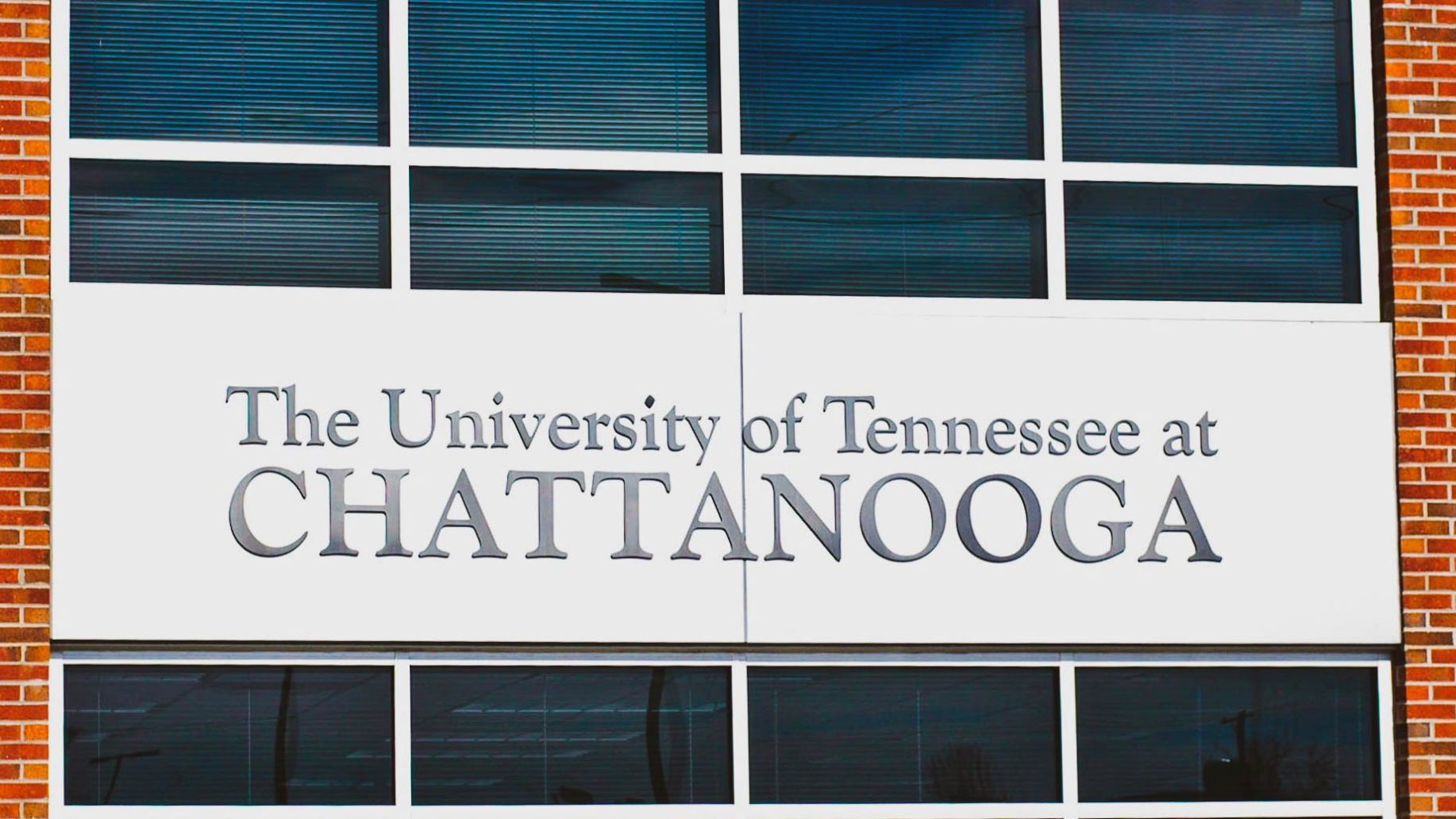
You probably ate plastic for breakfast
A group of environmental engineers at the University of Tennessee Chattanooga are dissecting the dangers of microplastics and how to remove them from our waterways.
Plastic is everywhere. Consumers cannot escape it. You wake up and brush your teeth with a toothbrush made of plastic, drink from a water bottle created with plastic, pay for your coffee with a swipe of plastic, write your notes with ink in plastic, type on your keyboard made of plastic and eat your lunch wrapped in a plastic bag.
But would you ever choose to eat your toothbrush? Water bottle or keyboard? Probably not.
However, Dr. Jejal Reddy Bathi’s research at the University of Tennessee at Chattanooga (UTC) shows we all eat plastic. He predicts we all eat a “credit card-sized amount” of plastic every day.
“If you look at the world population, certain places might consume more. But that is a horrible amount running through the human body in a day on average,” Bathi said. He is an Assistant Professor of Civil and Environmental Engineering at UTC.
Small bits of plastic are called microplastics. They are found in the foods and drinks we consume. These can come from two sources. Primary microplastics are made from fibers for clothing or cosmetics. Secondary microplastics come from larger plastic items such as straws, bottles, or caps. Sun radiation, ocean waves, or other natural factors break down microplastics over time.

“More production over the last two decades led to more visibility of plastic in the natural environment,” Bathi said. “We’ve seen microplastics in water and food, and now we are seeing it in animals, human tissue, and even in mother’s milk in some cases.”
He said the full scope of dangers surrounding the consumption of microplastics is still being studied; however, scientists proved microplastics are carriers of pollutants and toxic chemicals into the human body.
Bathi, alongside several students, spent the last five to six years studying two things: how to detect microplastics and how to treat microplastics.
“Trying to test for microplastics is challenging,” Bathi said. “A microplastic is smaller than 5 millimeters (smaller than a pencil eraser). They are so tiny it’s hard to trace them in the environment.”
His students collect samples from waterways across the City of Chattanooga. Some of the samples include water from Warner Park, Heritage Park, and other creeks in the Chattanooga area. With fingers crossed for additional funding, and Bathi hopes to extend his earlier testing into more sections of the Tennessee River.
Treatment is also a challenge. Storm runoff can go directly into streams and waterways, which pulls microplastics into the ecosystem. Other times, water that may contain microplastics is used to water plants, or feed animals. Many processed meats are then wrapped in plastic before hitting store shelves.
“It is our ultimate goal to try and find targeted treatment techniques,” Bathi said. “We want to find a nature-based solution.”
In 2022, his research team received $60,000 in funding for the study – $30,000 from the U.S. Geological Survey and a $30,000 match from the University.
In 2023, the team received an additional $25,000 from the U.S. Environmental Protection Agency to continue the research. Now, they hope to qualify for a Phase 2 grant of up to $100,000 to continue the research.
Bathi said there are three easy ways to reduce the amount of microplastics in the ecosystem.
- Educate yourself about the dangers of plastic.
- Avoid single-use plastics like straws, water bottles, and grocery bags.
- Dispose of any plastic products in a proper way
Like what you've read?
Forward to a friend!

